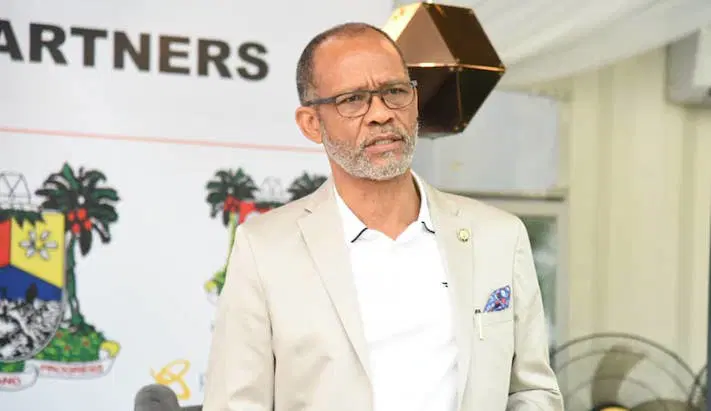
Source: Chioma Obinna

Professor Akin Abayomi
In a bold move to eliminate malaria, the Lagos State Government has kicked off a six-month comparative study on Rapid Diagnostic Tests (RDTs) and microscopy, aiming to refine fever diagnosis and improve malaria case management across the state.
The initiative, themed “Pathway to Malaria Pre-Elimination,” marks a strategic push to reduce malaria prevalence below 1% and transition Lagos into a malaria-free zone.
Speaking at the kickoff meeting held at Mulligan Hotel, Yaba, the Lagos State Commissioner for Health, Prof. Akin Abayomi, described the initiative as a transformative public health milestone:
“For decades, Africa has been synonymous with malaria, poverty, and famine. Lagos is working deliberately to change this narrative. Through strategic interventions, we’ve reduced malaria prevalence from 20% to 1–2%, and our goal is to eliminate it entirely.”
Running from June to December 2025, the study will cover both the rainy and dry seasons, capturing diagnostic trends across:
Prof. Abayomi highlighted the operational drawbacks of microscopy, such as its dependence on electricity and trained personnel, making RDTs a more viable long-term alternative. The study will help determine whether to shift policy toward RDT-led diagnosis.
Prof. Wellington Oyibo, Principal Investigator and Director of the Centre for Transdisciplinary Research in Malaria and Neglected Tropical Diseases, said the study also aims to identify non-malarial fever causes, including hepatitis and bacterial infections, to improve treatment outcomes.
“We aim to validate RDT effectiveness while collecting comprehensive data on fever causes. This includes the role of Patent and Proprietary Medicine Vendors (PPMVs) who are often the first point of contact for febrile patients.”
He added that the initiative would build a biobank for future research on fever aetiology in Nigeria.
Representing the World Health Organization (WHO), Dr. Lynda Uzor praised the Lagos State Government’s leadership:
“This study has the potential to shape national strategies and help Nigeria reach its malaria elimination targets.”
Similarly, Dr. Olumide Okulaja, Senior Director at Maisha Meds, described the project as:
“A history-making initiative that showcases collaboration, innovation, and commitment to public health.”
Dr. Victoria Ogunjobi, Director of Disease Control at the Lagos State Ministry of Health, reiterated the importance of empowering PPMVs and pharmacists: